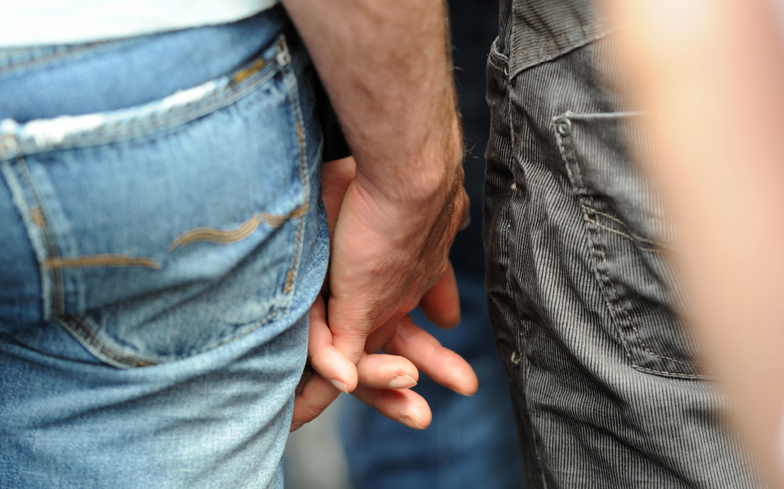
Between 1965 and 1986, 1,000 men in New Zealand were found guilty of homosexual offences.
And now, a law that was passed unanimously will allow people, or their family members if they’re dead, to apply for their convictions to be wiped. It also expected that the New Zealand parliament will issue a second apology to men convicted under the previous laws.
The law came about following a petition from Wiremu Demchick. In 2016, he started a petition to make parliament apologise for the previous laws, and to expunge the criminal data. His petition gained over 1,200 signatures.
During the debate, Grant Robinson, the Finance Minister, who is openly gay said: “Let us be clear. The illegality of homosexuality, the arrests and the imprisonments, and the fear of that happening did not just ruin lives and destroy potential; it killed people.
“Hundreds, or possibly thousands, of lives have been lost because men could not bear the shame, the stigma, and the hurt caused by this Parliament and the way that society viewed them as criminals.
“It is for all of that that we must apologise, as a Government and as a Parliament, to those men who are still alive and to those who have passed on and their families.
“To those families, it is important that you take the opportunity afforded by this legislation to give dignity in death to your relatives that this Parliament did not allow them in life.
“I also want to speak today to those gay men who were not convicted in this period, but, rather, lived through it in the face of discrimination, in the face of hate, and in the face of stigma.
“We also owe all of you an apology. Whether you were convicted or not, this law was wrong and made your lives worse,” he finished.
However, despite the apology and expunging of their records, the victim won’t be receiving compensation. The Minister of Justice, Andrew Little told parliament that compensation would be “just too hard” to work out.
“The difficulty with compensation is that there will be different circumstances for different people that might call for varying levels of compensation, and that then makes it very complex and very complicated.
“And so the decision was made not to provide for compensation. It would be equally unfair to say: ‘Right. Everybody gets the same amount,” he said.
Many countries across the world are now starting to apologise and wipe the records of gay men who were convicted under their previous anti-gay laws. And recently, Sweden apologised to trans people who were forcibly sterilised under its old laws.




